
Introduction
Definition of Retro Video Games
Retro video games refer to games that were released in earlier decades, typically from the late 1970s to the early 2000s. This category encompasses a variety of platforms, from classic consoles like the Atari 2600 and Nintendo Entertainment System (NES) to early computer games. For many, these games hold a nostalgic charm and offer a glimpse into the evolution of gaming culture.
Why Collecting Retro Video Games is Popular
The rush of collecting retro video games has surged over the years, and it’s easy to see why. Many enthusiasts seek to recapture their childhood memories, inviting joy and a sense of familiarity back into their lives. Here are a few reasons behind the growing popularity:
- Nostalgia: It’s about remembering those simpler times spent in front of the console.
- Community: Engaging with fellow collectors creates a rich social experience.
- Value: Certain games can appreciate significantly, turning a hobby into a potential investment.
As fans delve deeper, they often discover a treasure trove of hidden gems, making each find an exciting adventure. For instance, unearthing an original copy of “The Legend of Zelda” can ignite a spark of delight, reminiscent of late nights spent on that very game. It’s not just about the games; it’s about the stories and experiences they bring along.
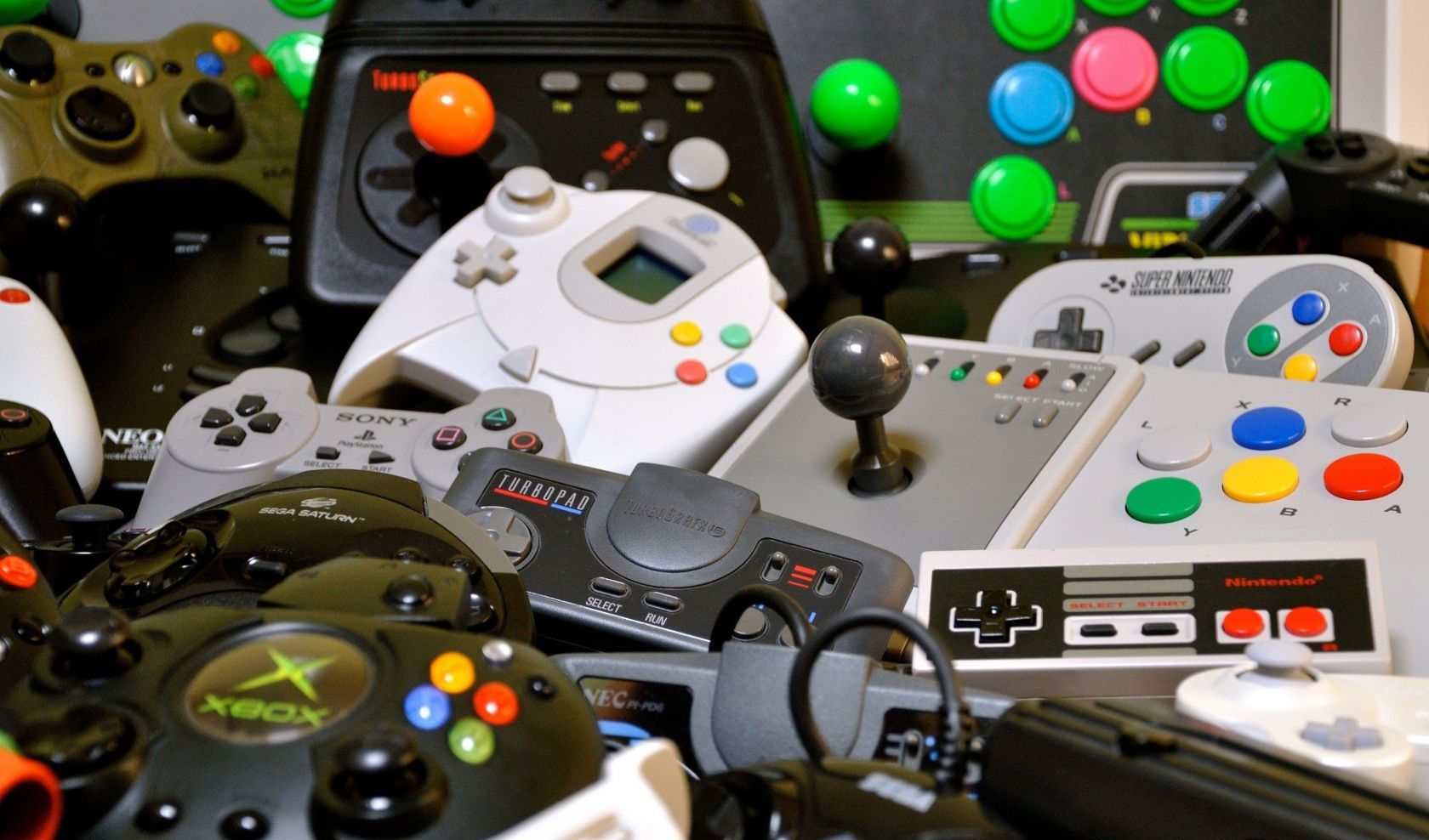
History of Retro Video Games
Evolution of Video Games
The journey of video games is as fascinating as the games themselves. Starting from the arcade machines of the 1970s, gaming has undergone remarkable transformations. Consider this timeline of key milestones:
- 1972: “Pong” marks one of the first widely popular arcade games.
- 1985: The launch of the NES revolutionizes home gaming.
- 1996: The introduction of 3D graphics with console powerhouses like the PlayStation.
Each of these innovations paved the way for the immersive experiences we enjoy today.
Significance of Nostalgia in Retro Gaming
Nostalgia plays a critical role in the appeal of retro gaming. Many collectors and players often find themselves reminiscing about simpler times spent with friends or family. Personal stories abound; for example, many recall gathering around a TV, controllers in hand, engaged in epic battles in games like “Super Mario Bros.” or “Street Fighter II.” This shared history forms a unique bond among collectors and gamers alike.
- Emotional Connection: Retro games are like time capsules, evoking childhood memories.
- Cultural Impact: They remind us of the evolution of storytelling and technology in gaming.
Ultimately, the significance of these experiences enriches the retro gaming journey, ensuring that every purchase is much more than just a game—it’s a doorway to cherished memories.
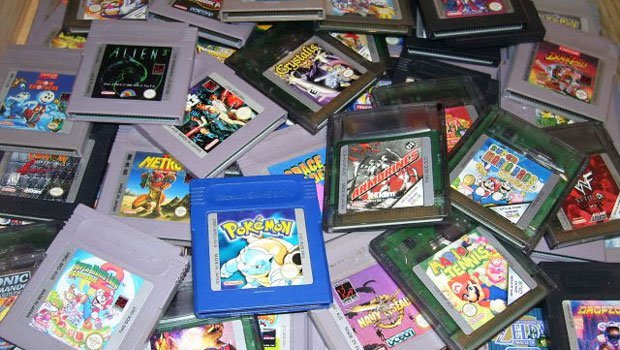
Getting Started with Retro Game Collecting
Understanding Different Console Generations
When venturing into the world of retro game collecting, it’s essential to understand the various console generations, as each era has its distinct characteristics and seminal titles. Here’s a quick overview:
- First Generation (1972-1980): Home consoles like the Magnavox Odyssey paved the way for gaming.
- Second Generation (1976-1992): The Atari 2600 dominated this era, introducing iconic titles.
- Third Generation (1983-2003): Nintendo’s NES became a household staple, giving rise to beloved franchises.
As collectors familiarize themselves with these generations, they can appreciate the differences in gameplay and design that define each era.
Identifying Rare and Valuable Games
Once you’ve grasped the generations, the next step is spotting rare and valuable games. Some hidden gems can be surprisingly sought after, leading to impressive finds. Here are a few tips for identifying these treasures:
- Research: Use price guides and forums to keep up-to-date with market value.
- Look for Editions: Special releases or limited prints tend to be more valuable.
- Condition Matters: Sealed or mint condition games fetch higher prices.
For instance, a friend once stumbled upon a copy of “EarthBound” in a thrift store for a mere dollar, only to discover it was worth hundreds! Such stories fuel the excitement of discovering valuable titles, making every hunt a potential adventure.

Where to Find Retro Games
Local Retro Game Stores
Finding retro games can be an exhilarating hunt, especially in local game stores. Many cities have specialized shops that cater specifically to retro gaming enthusiasts. Walking into one of these stores can feel like stepping into a treasure trove full of nostalgic treasures. When visiting, consider:
- Engaging with Staff: They often have invaluable knowledge about rare finds and upcoming events.
- Checking for Local Events: Many stores host game nights or swap meets, a great way to connect with other collectors.
- Exploring the Stock: Regularly visit, as inventory changes frequently.
A memorable experience is when a collector discovered an original “Final Fantasy VII” in mint condition tucked away in a corner of a local store. It’s these unexpected discoveries that make the journey rewarding.
Online Marketplaces and Auction Sites
For those who prefer the convenience of online shopping, numerous marketplaces and auction sites can satisfy every retro gaming itch. Popular platforms include:
- eBay: Ideal for bidding on rare finds or purchasing directly from sellers.
- Etsy: A great place for unique, handmade gaming memorabilia alongside vintage games.
- Facebook Marketplace: Often filled with local deals that can lead to profitable transactions.
Navigating the online world requires vigilance. Look for seller ratings, request detailed images, and don’t shy away from negotiating prices. A personal anecdote: one collector was able to score a bundle of rare Atari games through a Facebook listing, transforming a simple click into a fantastic addition to their collection. The thrill of the chase, whether in-store or online, remains a core part of retro game collecting!
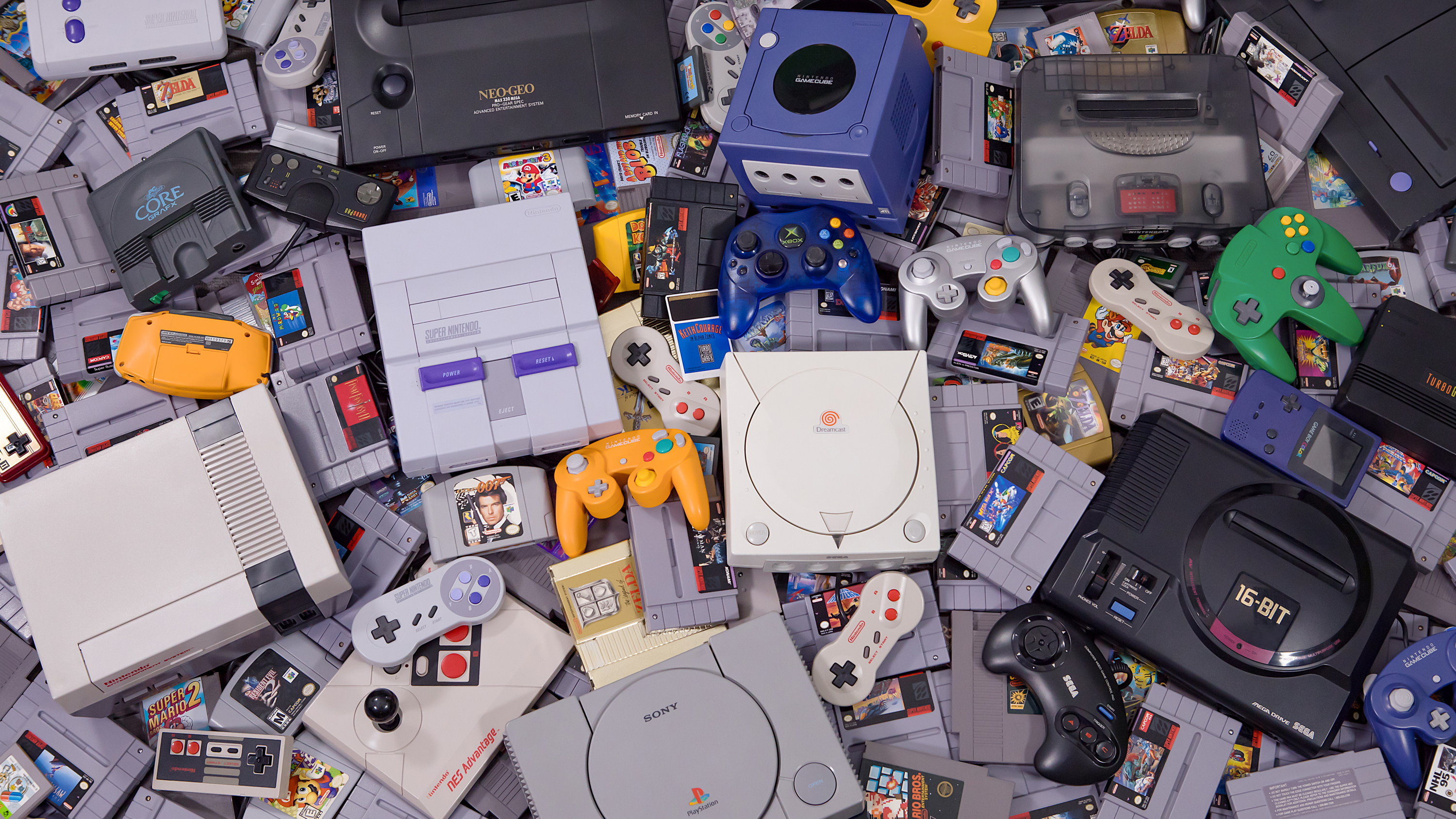
Evaluating the Condition of Retro Games
Importance of Game Condition
When it comes to retro game collecting, the condition of a game is crucial. Not only does it affect playability, but it significantly influences the game’s value. Collectors often seek items in mint or near-mint condition, as these can command higher prices in the market. A game showing signs of wear may be less desirable, reducing its resale potential.
For instance, a collector once purchased a “Legend of Zelda” cartridge that was heavily scratched, only to find that it didn’t play well, leading to disappointment. The phrase “Condition is King” rings particularly true here!
Tips for Assessing Game Quality
Assessing the quality of retro games requires a keen eye. Here are some handy tips to help:
- Visual Inspection: Check for scratches, discoloration, or physical damage on cartridges and discs.
- Label Condition: Ensure the game label is intact—torn or faded labels can reduce value.
- Test Functionality: If possible, play the game to see if it runs smoothly without glitches.
One collector fondly recalls testing a newly acquired “Super Mario World” and experiencing the thrill of nostalgia as the game fired up effortlessly. Remember, a well-maintained game not only enhances your collection but also preserves the rich history behind it!
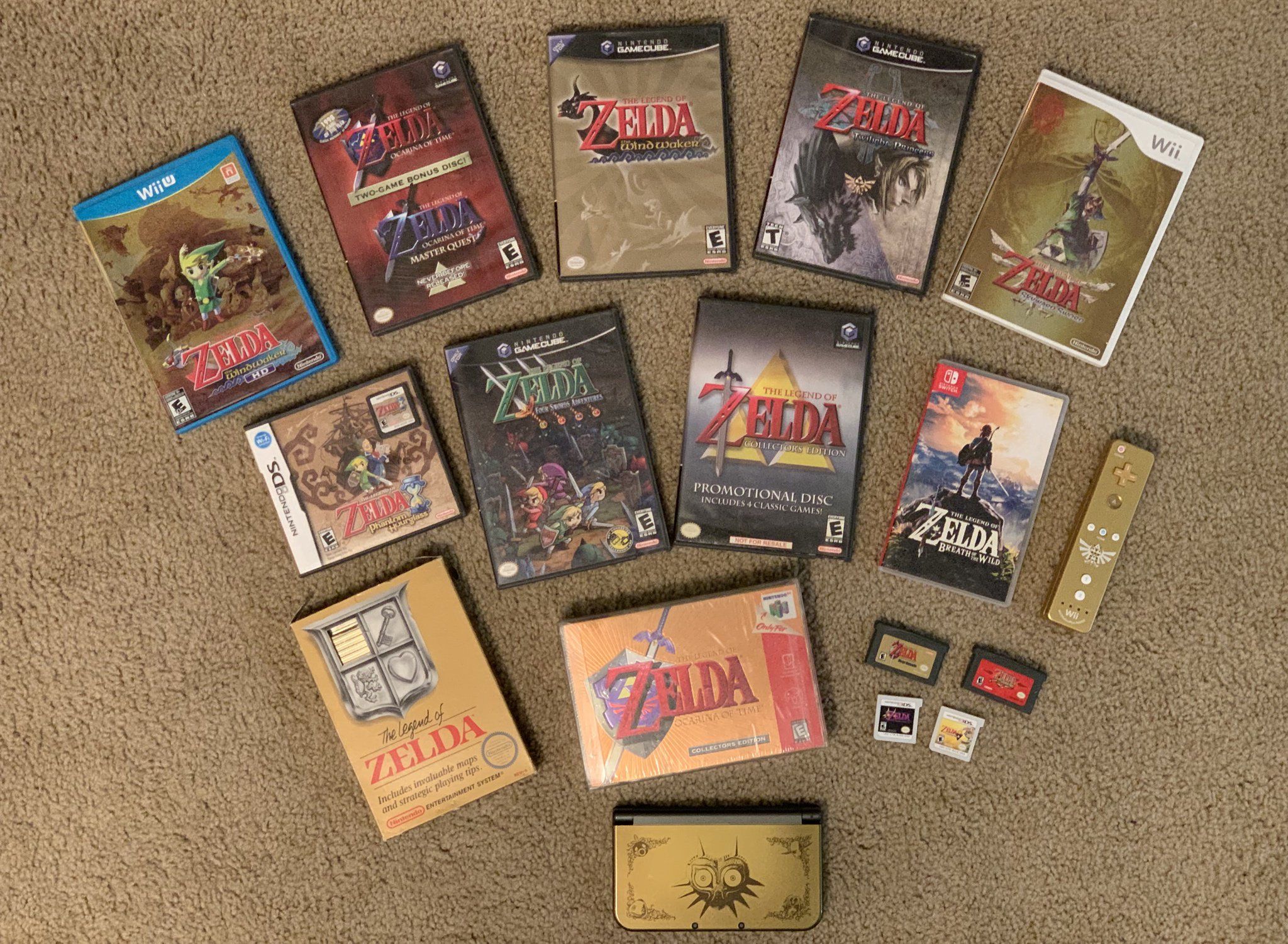
Building Your Retro Game Collection
Setting Budget and Prioritizing Purchases
As you dive deeper into the world of retro game collecting, setting a budget is essential. With prices ranging from a few dollars to several hundred, having a financial plan helps you stay focused. Consider these tips for managing your spending:
- Assess Your Goals: Identify specific titles or themes you want to collect.
- Create a Monthly Budget: Allocate a set amount for your collection each month.
- Prioritize Rare Finds: Focus on acquiring rare or sought-after games first, as these can appreciate in value.
A fellow collector once shared how sticking to a budget allowed him to save for a pristine copy of “Contra” while still enjoying smaller purchases like common titles. It’s all about balance and making informed decisions!
Organizing and Displaying Your Collection
Once you’ve built up a collection, it’s time to think about organization and display. A well-organized collection not only looks appealing but also makes it easier to locate games. Here are some ideas:
- Categorize by Console: Keep games separated by their respective systems for easy access.
- Use Shelving Units: Invest in display shelves or cases to showcase your collection prominently.
- Labeling: Consider labeling boxes or shelves for quick identification.
A personal favorite memory involves rearranging my shelf, curating an eye-catching display of boxed games. Each placement sparked joy, allowing me to appreciate the history and nostalgia behind each title. Whether you’re showcasing a prized collection or simply organizing your favorites, the way you display your games can enhance the overall experience of collecting!
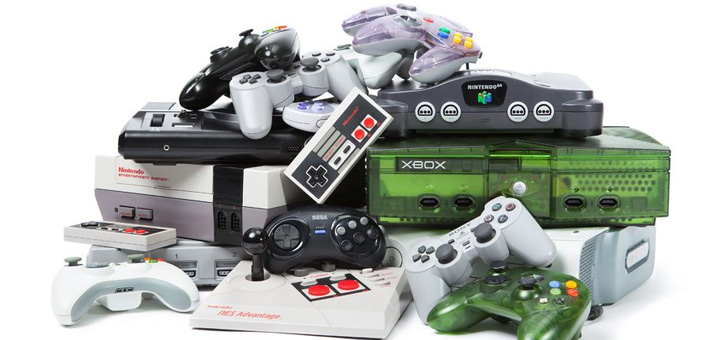
Preservation and Maintenance of Retro Games
Proper Storage Techniques
Caring for retro games extends beyond mere collection; it involves proper storage to ensure they remain in great condition over time. To get started, consider these storage techniques:
- Climate Control: Keep games in a cool, dry place to avoid heat and humidity, which can warping and damage.
- Use Protective Cases: Store cartridges and discs in protective sleeves or cases to shield them from dust and scratches.
- Vertical Storage: For boxed games, store them upright to prevent any bending or warping of the cases.
I remember a time when I left some cartridges on a shelf exposed to sunlight, resulting in faded labels. That experience taught me the importance of proper storage, which can save your collection from significant wear and tear.
Cleaning and Care Tips
Alongside storage, regular cleaning is essential for maintaining game quality. Here are some handy care tips:
- Gentle Cleaning Solutions: Use a microfiber cloth and mild cleaning solution to wipe down surfaces without scratching them.
- Avoid Abrasives: Refrain from using harsh chemicals or scrubbing pads on game cartridges or cases.
- Connector Cleaning: For cartridge games, lightly clean the connectors with isopropyl alcohol and a cotton swab to ensure optimal performance.
By adopting these simple practices, collectors can preserve their treasures and continue to enjoy the nostalgia of retro gaming for years to come. It’s truly rewarding to see a well-maintained collection flourish!
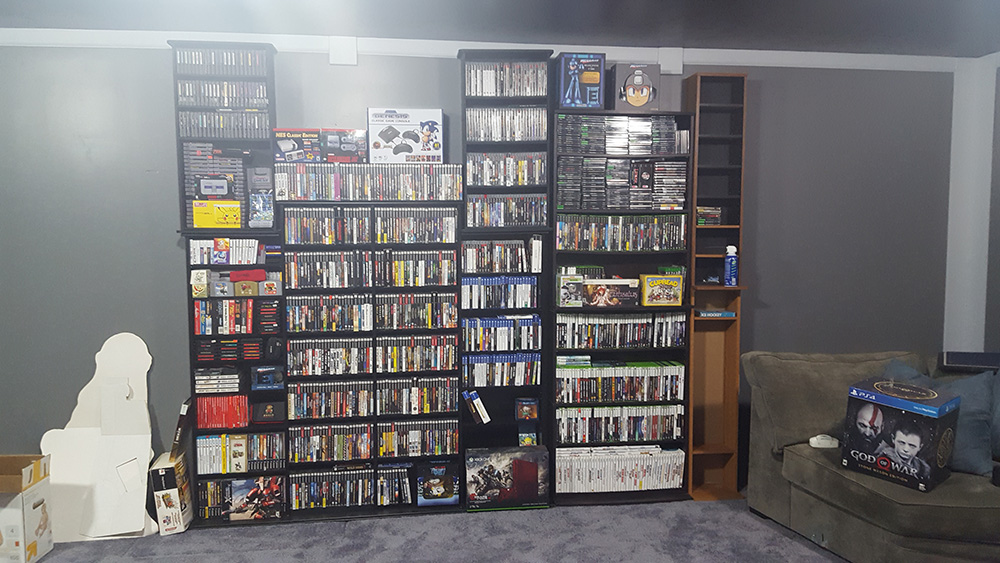
Connecting with the Retro Gaming Community
Attending Retro Gaming Conventions
One of the most exciting ways to immerse yourself in the retro gaming community is by attending conventions. These gatherings celebrate everything from classic titles to nostalgic memorabilia. Here’s what to look forward to:
- Meeting Like-Minded Fans: Share experiences and stories with fellow enthusiasts who appreciate the charm of retro games.
- Buying and Trading: Browse vendor booths for rare finds, or trade duplicates from your collection.
- Workshops and Panels: Get insights from industry experts or collectors who share tips on preservation and collecting.
I vividly recall my first retro gaming convention, surrounded by tons of vintage consoles and the sound of familiar game themes; it felt exhilarating to connect with fans who shared my passion!
Engaging with Online Forums and Social Media Groups
If in-person events aren’t accessible, don’t fret! The online realm offers a plethora of opportunities to connect. Consider these platforms:
- Reddit Communities: Subreddits like r/retrogaming are hubs for discussions, sharing tips, and showcasing collections.
- Facebook Groups: Join groups dedicated to retro game collectors where members share news and trading opportunities.
- Discord Servers: Engage in real-time conversations about your favorite games with fellow enthusiasts from around the globe.
An online friend I met through a gaming forum ended up becoming my go-to buddy for trading games. These digital connections can lead to rewarding friendships that enhance the joy of collecting. Engaging with the retro gaming community, whether offline or online, truly enriches the overall experience!
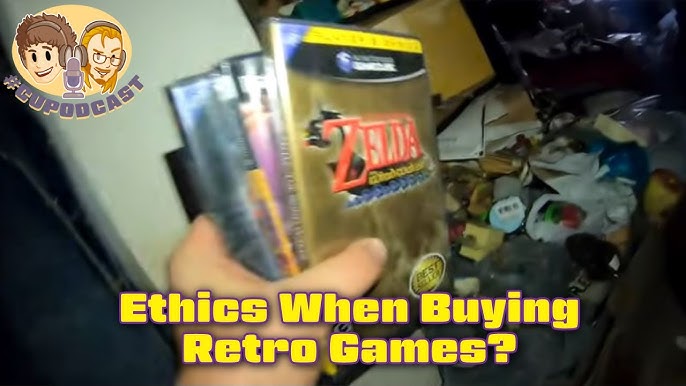
Legal and Ethical Considerations in Retro Game Collecting
Copyright Issues and Reproduction Games
When delving into retro game collecting, it’s essential to navigate the murky waters of copyright issues, especially regarding reproduction games. Reproduction games are unauthorized copies of original titles, often created to resell or play without supporting the original developers. Collectors should be aware that:
- Legality: While owning a reproduction isn’t illegal, selling them could violate copyright laws.
- Quality Concerns: Repro cartridges may not function as well as the originals, which can be disappointing.
- Authenticity: Many collectors prioritize original copies over reproductions for authenticity and potential value.
I once purchased a reproduction just to play an elusive title, but realizing it wasn’t the genuine experience took away some of the magic.
Respecting the Original Developers and Industry
Another important aspect to consider is respecting the original developers and the gaming industry. Supporting legitimate releases and preservation efforts helps keep the history of gaming alive. Here’s how to do it responsibly:
- Buy Legitimate Copies: Always try to purchase authentic games rather than reproductions or unauthorized copies.
- Support Game Preservation: Engage with organizations working to preserve classic games and educate others about their importance.
- Acknowledge Contributions: Understand and appreciate the work developers put into creating the games we love by promoting their efforts.
By being mindful of these legal and ethical considerations, collectors can ensure they respect the rich history of retro gaming while enjoying their passionate hobby!

Conclusion and Future of Retro Game Collecting
Summary of Benefits of Collecting Retro Games
As we wrap up our exploration into retro game collecting, it’s clear that this hobby offers numerous benefits. Beyond just acquiring games, collectors enjoy:
- Nostalgia: Reconnecting with cherished childhood memories.
- Community: Building friendships with fellow enthusiasts and sharing insights.
- Investment: The potential to watch certain titles appreciate in value over time.
Personally, navigating through my collection not only brings back waves of nostalgia but also sparks engaging conversations with friends and family about gaming history.
Looking Ahead to the Future of Retro Gaming
Looking ahead, the future of retro game collecting appears promising. The rise of indie developers creating nostalgic titles and remakes of classic games has reignited interest in older systems. Moreover, advances in emulation and preservation technology ensure that these beloved games remain accessible.
As more collectors emerge and awareness of the retro gaming culture grows, the charm of these classic titles will continue to thrive. By participating in this vibrant community, collectors contribute to preserving the rich tapestry of gaming history. Who knows? The next rare find could be just around the corner, waiting to spark new memories for generations to come!

